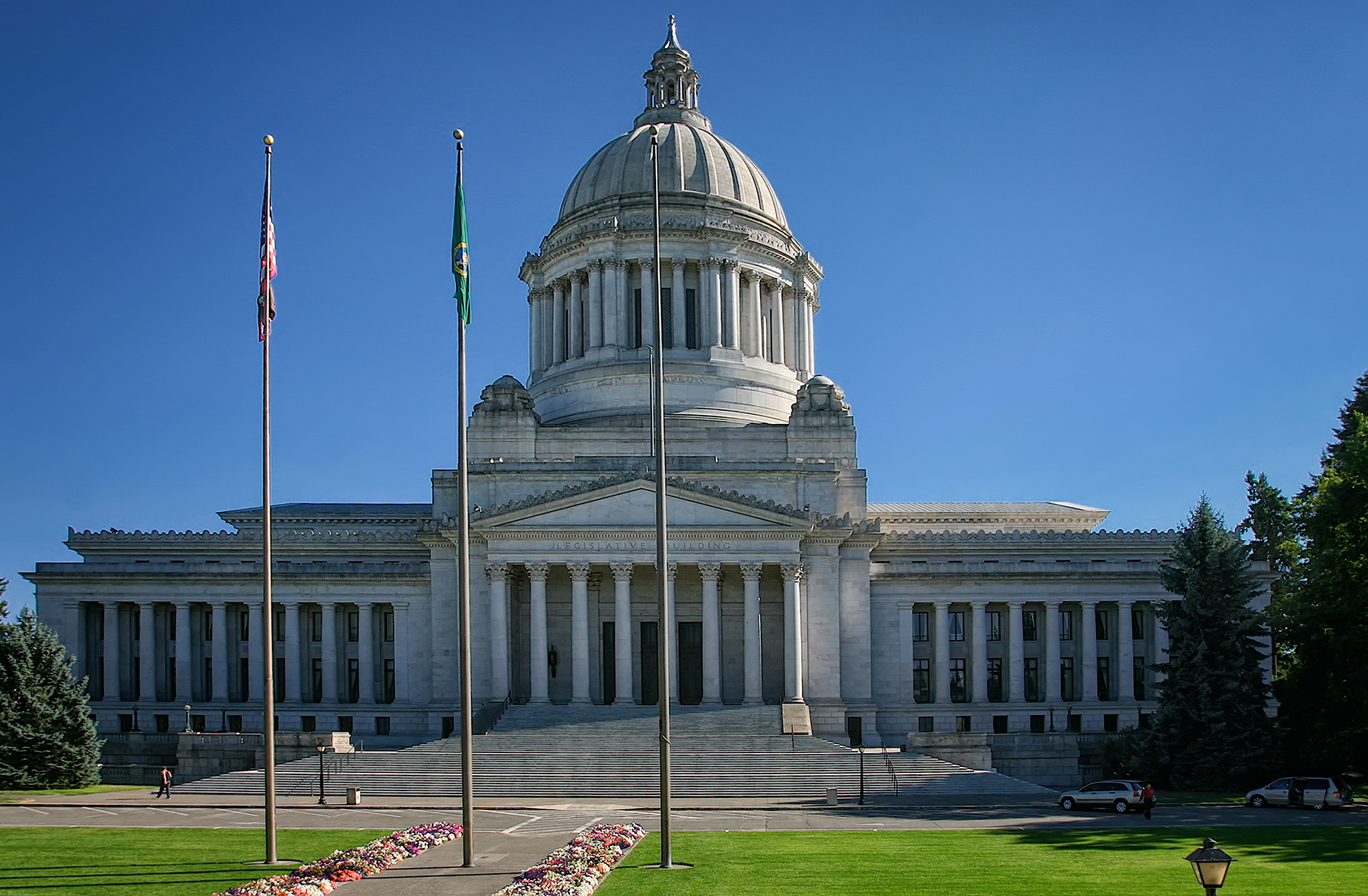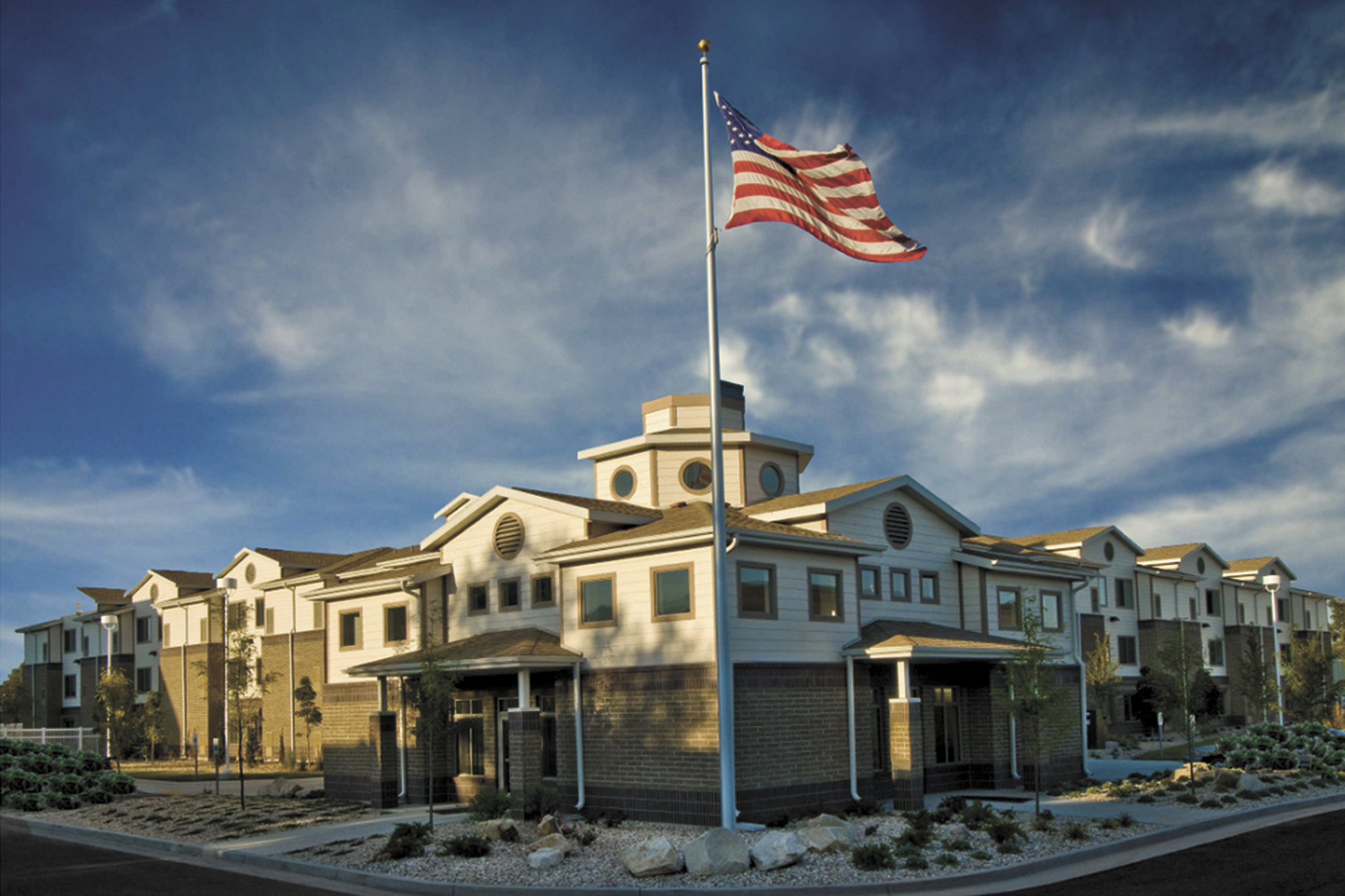On a frosty February morning in 2009, in the midst of the Great Recession, state House Speaker Frank Chopp implored a gathering of labor leaders to help him convince his legislative colleagues that the rush to fix the $8 billion budget deficit must not undermine the needs of vulnerable citizens.
“It is important,” said Chopp, “to look at the budget, not just as a financial document, but as a moral document.”
Five years later, after a long uphill slog, the economy is on the uptick. The state is not in high cotton, though at least the roiling sea of red ink has receded. An estimated $2.7 billion in new revenues is forecast, but still, when all the dust settles on the balance sheet, a serious budget shortfall, in the neighborhood of $2.5 billion to $3 billion, is all but certain for the 2015–17 spending cycle. Lawmakers anticipate a heated, high-stakes tug-of-war when the session begins next month. They will battle over what to cut, what to spare, and, perhaps on one voter-approved measure backed by national teachers’ unions, what to ignore.
“The process to get a bipartisan budget will be a long, rocky road,” Sen. Michael Baumgartner (R-Spokane) said at a recent forum hosted by the Washington State Budget & Policy Center.
On Thursday, when he unfurls his overall state operating-budget blueprint, Gov. Jay Inslee is expected to propose more than $1 billion in new taxes and other new revenue sources.
“I don’t think the public is going to go for a tax increase,” Sen. Tim Sheldon tells Seattle Weekly. The conservative Mason County Democrat, who will again caucus with Republicans (giving them a 26–23 majority in the Senate), adds: “There are two Washingtons: King County, and then there’s the rest of us. Things may be getting better in King County, but there are places that are really struggling and they are not going to go for new taxes.”
It is interesting to note that despite widespread belief that Washingtonians are overtaxed, the state in 2012 ranked 27th in the United States as far as its state/local tax burden as a share of state income, according to the national Tax Foundation. Residents here pay 9.4 percent, the same as Kansas, Nebraska, and Utah, and less than Arkansas, Kentucky, or West Virginia.
Rep. Ross Hunter. Courtesy Washington State Legislature
In terms of finding ways to reel in more dollars, everything is on the table, says House Appropriations Committee chair Ross Hunter (D- Medina)—save, most likely, for a state sales-tax increase (Washington’s is already the fourth highest in the nation, at 8.87 percent) and a state income tax. That means a tax on capital gains is in the mix. The idea currently being batted around is a 5 percent tax, with exemptions for the first $10,000 and the sale of primary homes, that could raise $1.3 billion per biennium.
As Chopp said in a recent interview at a Wallingford coffee house, “A tax on capital gains would certainly make our tax system in Washington a lot fairer. It’s definitely something we’re going to look at.”
The impending deficit that must be rectified during the legislative session, which begins Jan. 12, is largely the result of mandated education funding increases. Most of this hinges on the 2012 State Supreme Court’s McCleary decision, which demands that Washington—which, by the way, is 43rd in the country in the amount of money it spends on its students—fully fund basic K-12 education.
All told, McCleary is going to cost around $2.5 billion in the upcoming biennium to lift per-student yearly spending from $10,175 to about $11,425, or just $100 more than the national average. The ruling has become an urgent matter that can no longer be delayed. In September, the high court held the legislature in contempt for not making enough progress, but has so far held off on sanctions.
The real budgetary headache comes when lawmakers grapple with paying for Initiative 1351, the class-size-reduction measure that voters narrowly passed in November. Washington’s budget office has projected that I-1351 will require 7,500 new teachers and more than 10,000 additional school staff statewide, and cost an estimated $4.7 billion over the next four years—at least $2 billion for the current budget cycle.
One option is to amend the initiative. But that would take a two-thirds vote of the legislature, and, quips Hunter, “I can’t get two-thirds for lunch.”
Shelton predicts the legislature will punt this session on complete implementation of I-1351. “I think we’ll find a nice place to park it for a while.”
On Monday, Inslee presented his education budget, which proposes to go halfway on meeting the standards of I-1351: spending $1.3 billion to reduce average class sizes, but only for kindergarten through third grade. “We’re focusing first on the K-through-3 area, where it has the most success as far as bang for your buck,” said Inslee. In addition to reinstating $595 million in cost-of-living increases for teachers that voters approved more than five years ago, Inslee’s 2015–17 budget also will sharply increase early childhood and K–12 funding by $2.3 billion, which he believes will go a long way toward meeting the state’s McCleary obligations.
State Schools Superintendent Randy Dorn sharply disagrees. In a statement issued Monday, Dorn said Inslee’s proposal on McCleary “falls far short of what is needed to comply. If adopted [by the legislature], it would move this state one step closer to a constitutional crisis.
“This issue is not complicated: Over and over again our courts have ruled that relying on levies to fund a major portion of our education system is unconstitutional. The Governor’s proposal does not address that central fact.”
Meanwhile, the state’s financial plight is also compounded by yet another state Supreme Court ruling, from August, that said it was unconstitutional to warehouse mentally ill patients in hospital emergency rooms—a controversial practice known as “psychiatric boarding”—when there isn’t space at certified psychiatric treatment centers. So far, the state has responded with $100 million in new capacity, but many more millions will be needed, says Hunter, though that cost has yet to be determined.
Other things punching big holes in the budget: $1 billion in pension and bond debt payments; nearly $600 million in collective bargaining agreements; and at least $250 million to $300 million that may be set aside for fire costs, which were astronomical this year, due mainly to the Carleton Complex state-record-setting blaze in mid-July that torched nearly 250,000 acres (340 square miles) and destroyed 325 homes in Okanogan County.
Nearly two-thirds of the state’s $37 billion operating budget is protected by constitutional and federal requirements, the vast majority being K–12 basic education. From the remainder of the fiscal pie, lawmakers search for savings. The unprotected areas include corrections (5 percent of the budget), higher education (9.2 percent), and other human services (13 percent), such as the state’s mental-health system, home care for 55,000 low-income seniors, foster care, and child protective services.
Says Hunter: “Look, here’s the thing. Do we have the votes for more taxes? Probably not. But are there votes for a lot of cuts? No, there aren’t.”
“I look at the glass as halfway full,” says Senate Majority Leader Mark Schoesler (R-Ritzville). “I’m not going to say whether [new taxes] are needed or predetermined. We need to step back, see what we have, and then work together.”
Hunter, the House’s chief budget writer and a self-described moderate, is all for working together, but in the end, says the well-respected veteran lawmaker, “We all need to figure out how we want this state to look. Do we want to live in a state that is in the lowest 20 percent in education funding? Do we want to live in a state where we board up the mentally ill?
“We want all this stuff, but we’re paying the same taxes as they pay in Fargo. We have to be adults. The fairest way to pay for what we want is to raise revenues.”
That is if we want a budget that contains within its ledgers as much morality as it does fiscal restraint.
econklin@seattleweekly.com









